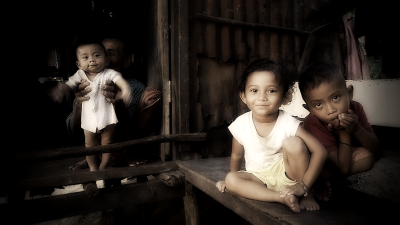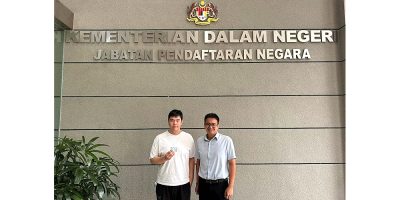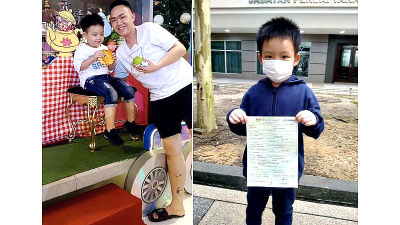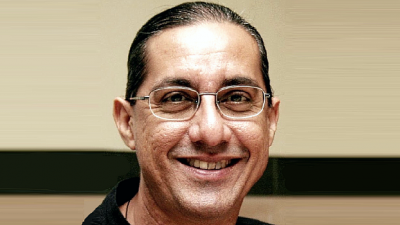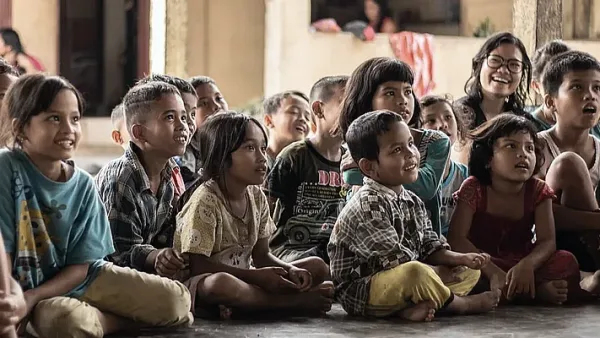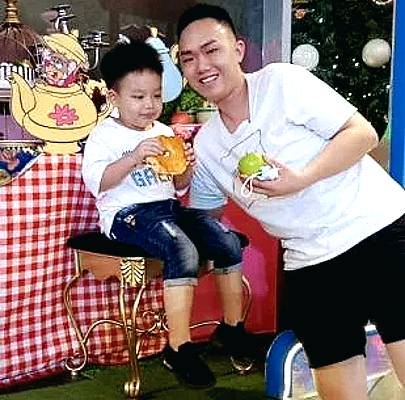
PETALING JAYA: The joy of getting citizenship for his five-year-old son is short-lived for Low Jia Qing.
One week after a High Court ordered the National Registration Department to issue a citizenship to his son Jian Hui, the government filed an appeal against the High Court decision.
Jian Hui was born as a stateless child because Low and his Vietnamese wife registered their marriage three weeks after Jian Hui was born.
Jian Hui was born on June 18, 2018, while Low was officially married in Putrajaya three weeks later on July 9.
The delay was due to manpower shortage at the government department during the Ramadan fasting month.
On March 2018, Low, 26, applied to register the marriage in June the same year, but the registration was deferred to July 18.
Since Jian Hui was born stateless, Low went through legal channels to apply for his son’s citizenship and conducted a DNA test to prove his relationship with the boy.
As the government appealed against the High Court decision, Jian Hui would not be granted citizenship in 30 days.
On May 25, Home Minister Datuk Seri Saifuddin Nasution Ismail said in his written reply at Dewan Rakyat that DNA test would not used as conclusive evidence to grant Malaysian citizenship.
He said the results of a DNA test can only be used as supporting evidence to confirm a blood relationship between an individual and another family member, particularly between children, parents or siblings.
Saifuddin also said the government had no plan to use the DNA test results to resolve citizenship applications made under Article 15A of the Federal Constitution.
ADVERTISEMENT
ADVERTISEMENT






